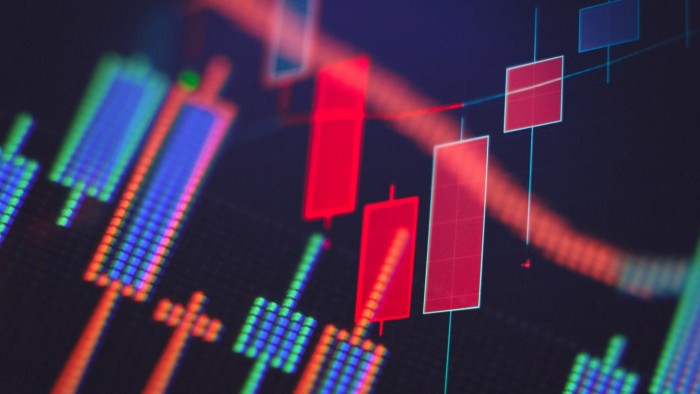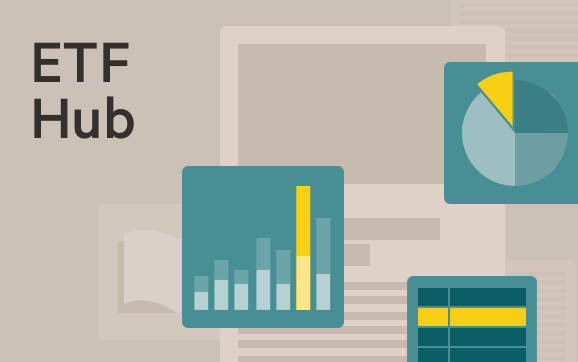Pressure from ETFs forecast to lead to more active fund fee cuts

Roula Khalaf, Editor of the FT, selects her favourite stories in this weekly newsletter.
Latest news on ETFs
Visit our ETF Hub to find out more and to explore our in-depth data and comparison tools
Active funds in Europe are forecast to further lower their fees as they try to “secure their future” in the face of rising demand for low-cost passive funds, experts say.
Fabrizio Zumbo, director of European asset and wealth management research at Cerulli, said active funds had been suffering “downward pressure” on costs as they struggled to outperform their benchmarks.
“Investors are questioning the value of active management and the costs attached to the products,” Zumbo said.
His comments come as new data show that average ongoing charges for passive funds have experienced faster declines than for active funds over the past five years.

This article was previously published by Ignites Europe, a title owned by the FT Group.
Charges for active equity funds and active bond funds in Europe dropped 7 per cent and 14 per cent respectively between 2018 and 2022, according to the European Fund and Asset Management Factbook 2023, citing Morningstar data.
Meanwhile equity and bond index funds experienced a drop of 9 per cent and 21 per cent respectively over the same period.
Active funds will continue to decrease their fees to “withstand the pressure” from passive funds and exchange traded funds as “living without active funds is not feasible or imaginable”, Zumbo said.
Jonathan Miller, Morningstar’s head of manager research for the UK, agreed, saying active funds needed to find a way to be “attractive”.
One way to “stand out from a crowded space” is to offer reduced fees as funds grow larger, showing a willingness to pass on the benefits of economies of scale.
Miller said managers were seeking ways to adapt in order to “secure their future”.
Anselm Heil, lead analyst at Boston Consulting Group, agreed, pointing to a growing cost consciousness among asset managers.
Thomas Tilley, senior economist at the European Fund and Asset Management Association, said investor preference for passive funds had surged due to their lower costs, driven by their ability to “fully benefit” from economies of scale.
Passive funds accounted for 25 per cent of European assets in May 2023, up from 20 per cent in May 2020, excluding money market funds and funds of funds, according to Morningstar data.
Hector McNeil, founder and chief executive officer of HanETF, said the low costs and transparency offered by ETFs had contributed to the reduction in costs across all investment strategies.
He said cost reduction was important for long-term investment, saying that even a 0.5 per cent saving over a 30-year period could be “very significant”.
“There are still outliers in Europe where fees are in the 2 per cent to 3 per cent region but this is getting less and is usually due to retrocessions,” McNeil said, referring to the commissions paid to financial intermediaries for investments in mutual funds.
He described fees of 2 per cent or over as “ridiculous”, particularly when considering the retrocession model, which can lead managers to recommend products that do not prioritise clients’ best interests.
Latest news on ETFs

Visit the ETF Hub to find out more and to explore our in-depth data and comparison tools helping you to understand everything from performance to ESG ratings
Miller pointed out the cost of passive funds can be as low as single-digit basis points in some mainstream sectors.
Low charges have aroused the interest of allocators who seek exposure to investments at a minimal expense.
At the same time, this trend had facilitated the introduction of several multi-asset funds that lower costs by creating a portfolio of cheap passive funds, Miller added.
*Ignites Europe is a news service published by FT Specialist for professionals working in the asset management industry. Trials and subscriptions are available at igniteseurope.com.
Comments